But there are financial decisions involved in buying real estate that you need to consider as well.
From one perspective, a home is an investment. Like certain other investments, real estate has the potential to increase in value over the years, so that you can sell it for more than you paid. It can also lose value. If you need to sell when real estate prices have dropped, you may have to settle for a lower price than you'd like, or even less than you paid to buy the home.
In what situations might you want to wait to buy a new home?
If you're on your own and trying to buy your first home, getting together a down payment and managing the expense of a mortgage, taxes, insurance, and upkeep may put too great a strain on your budget. If you have a job that keeps you on the move or requires you to relocate periodically, it's not always easy to sell when you've transferred or change jobs. In these situations, you may consider renting instead.
If you’re a current homeowner thinking about making a move, you’ll want to consider how much equity you have built in your current home, how much debt you have, the current housing market and interest rates.
Whether you’re a first time homebuyer or planning a move, our local lenders will be with you every step of the way to ensure your experience goes smoothly.
Before you start your search, apply online or schedule a consultation with a mortgage lender to review your financial background and get you pre-approved for how much you can afford.
The minimum down payment required will be different for everyone. Our first time homebuyer programs offer as little as 3% down, and our lenders can help you navigate the federal and state programs that are available which require a smaller amount up front.
Your mortgage lender can help you decide whether you use all or some of the money you’ve saved for a downpayment. Often, it can be beneficial to have savings leftover for emergencies or updates.
For current homeowners who are planning to move, planning your down payment can also be a challenge. While in an ideal world, you’d be able to have concurrent closings (where you sell your home and buy a new one within days), that doesn’t always go according to plan. It’s important to talk with your lender and realtor to discuss your options. One common tactic is to include a contingency in your offer that gives you an escape route should the sale of your current home fall through.
But there are many reasons a buyer would want to buy a new home before selling the current home. North Shore Bank also offers another option: cross-collateral loans. We put a lien on both your current and new home, combine the equity, and loan up to 80% of that equity. It’s another option in lieu of liquidating savings, borrowing against a 401k, or taking out a home equity loan. Benefits of a cross-collateral loan include having only one set of closing costs and no prepayment penalties.
Can I refinance my current mortgage?
Yes! Many homeowners refinance with North Shore Bank to reduce monthly payments, slash years off their loan term, get cash out and save many thousands of dollars in interest. Refinancing your home makes financial sense if you can save on your interest rate, your credit score has improved and you qualify for a lower rate, you have built enough equity to remove mortgage insurance, or your financial situation has changed.
Check our rates and compare them to your current mortgage. You might end up pocketing big savings over the life of the loan, or owning your house free and clear much sooner.
No matter whether you're buying your first home, moving to better-suit your growing family, or building the home of your dreams, we want to help you along the way.
Interested in a North Shore Bank Mortgage and Home Lending Product?
Browse more of our financial literacy resources by clicking here.
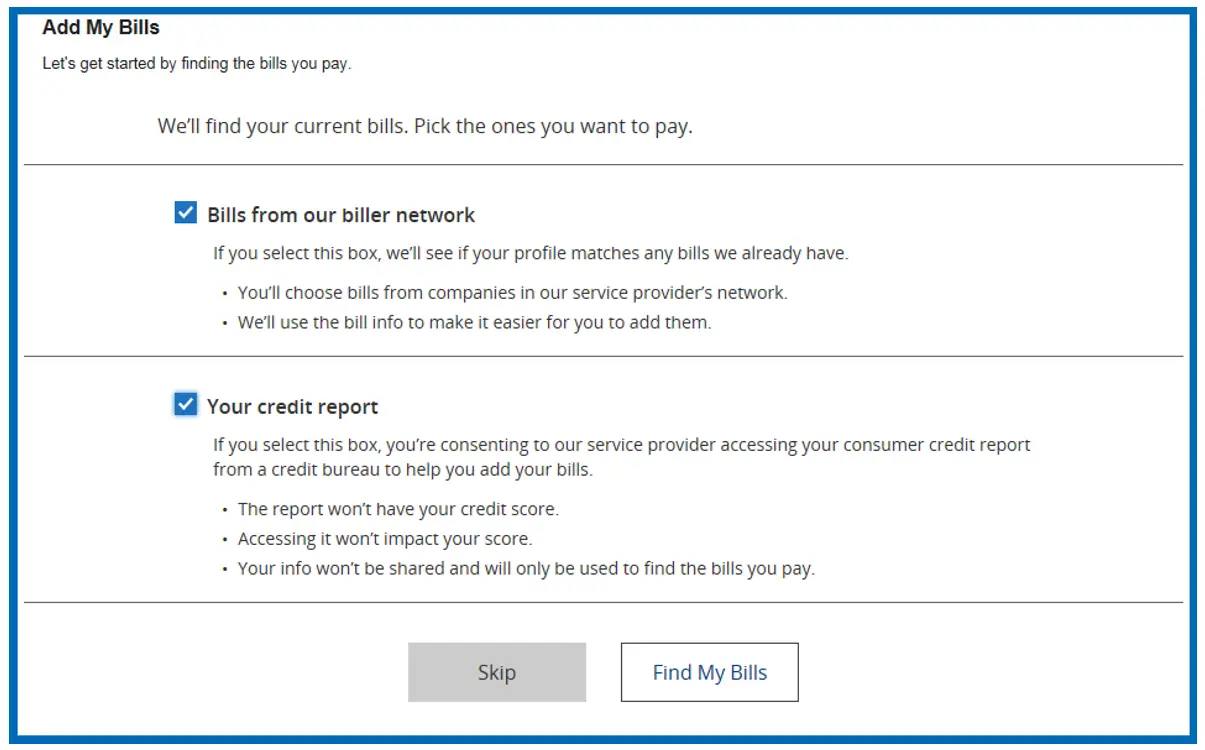
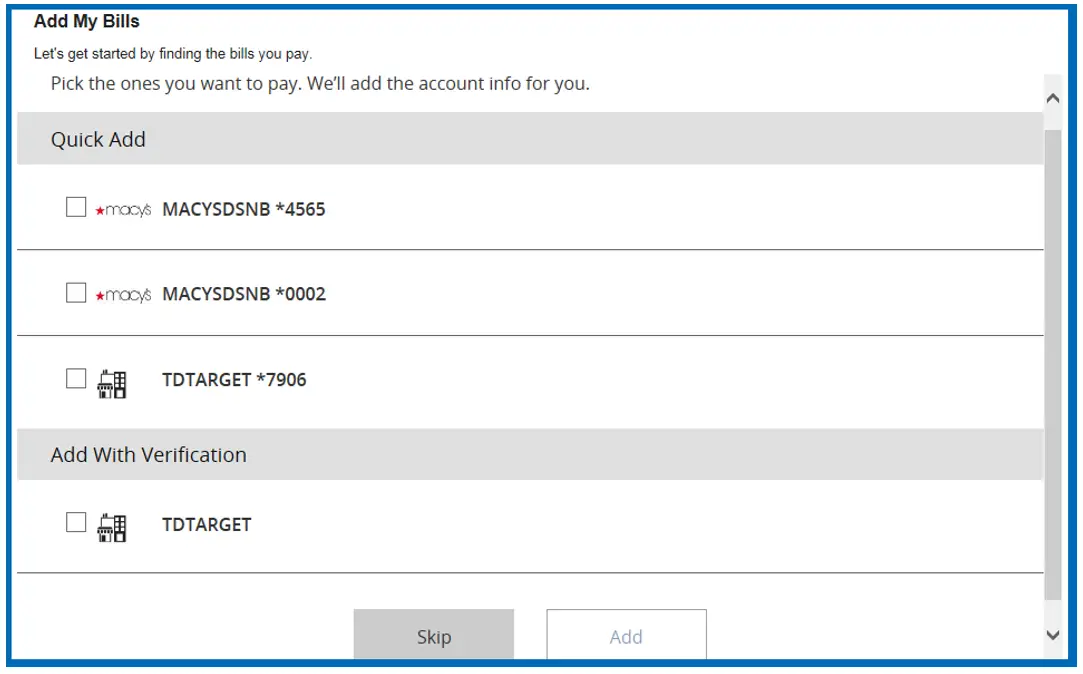
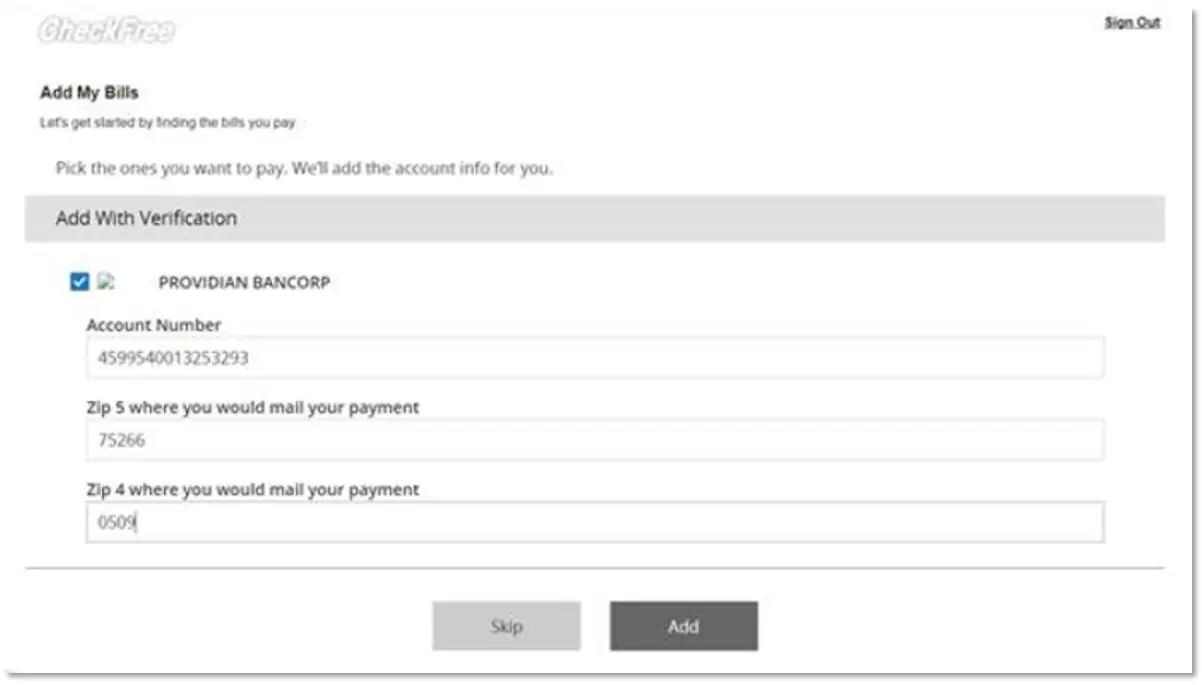
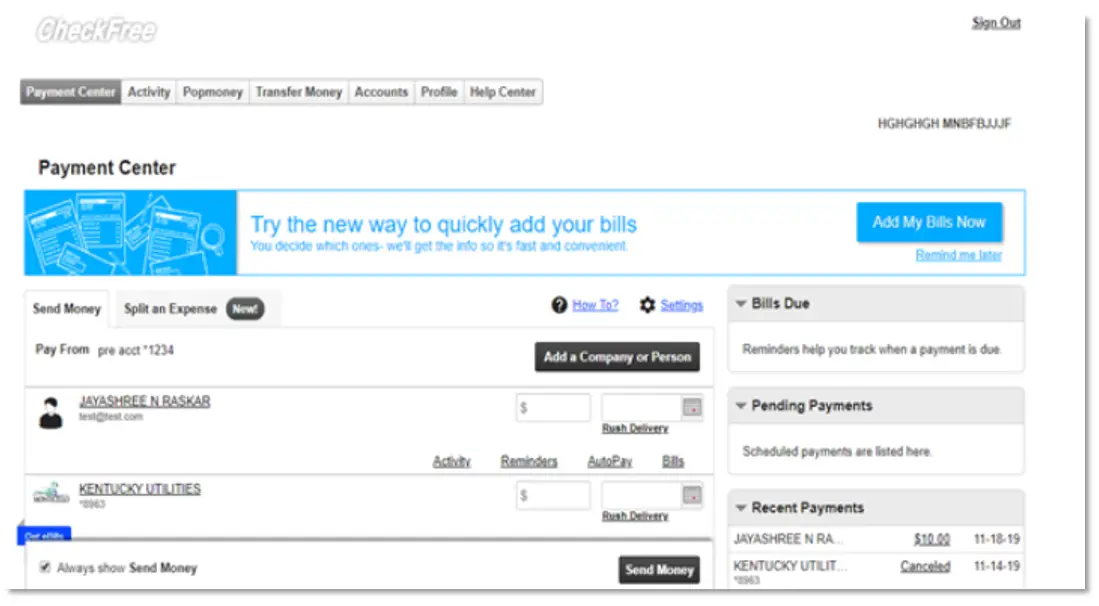
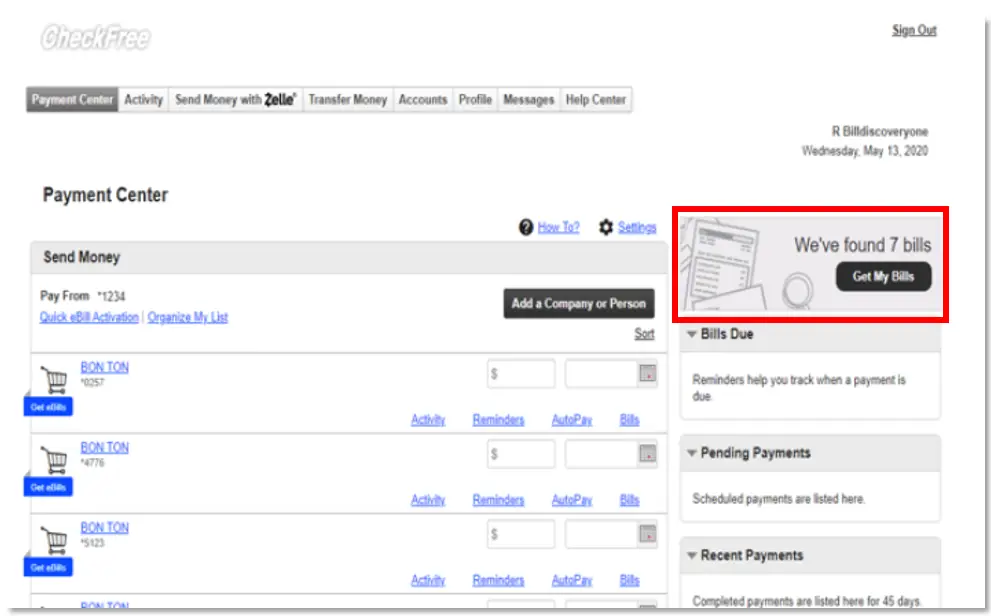
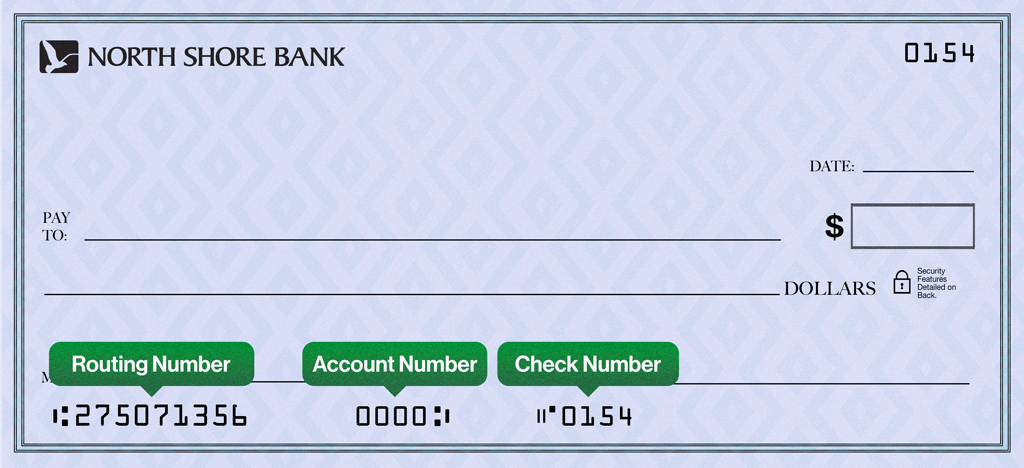 When opening an account online, your initial deposit must be done by transferring money from your current bank account or by debit or credit card.
When opening an account online, your initial deposit must be done by transferring money from your current bank account or by debit or credit card. Click on the three vertical dots alongside the blue “Pay” button
Click on the three vertical dots alongside the blue “Pay” button